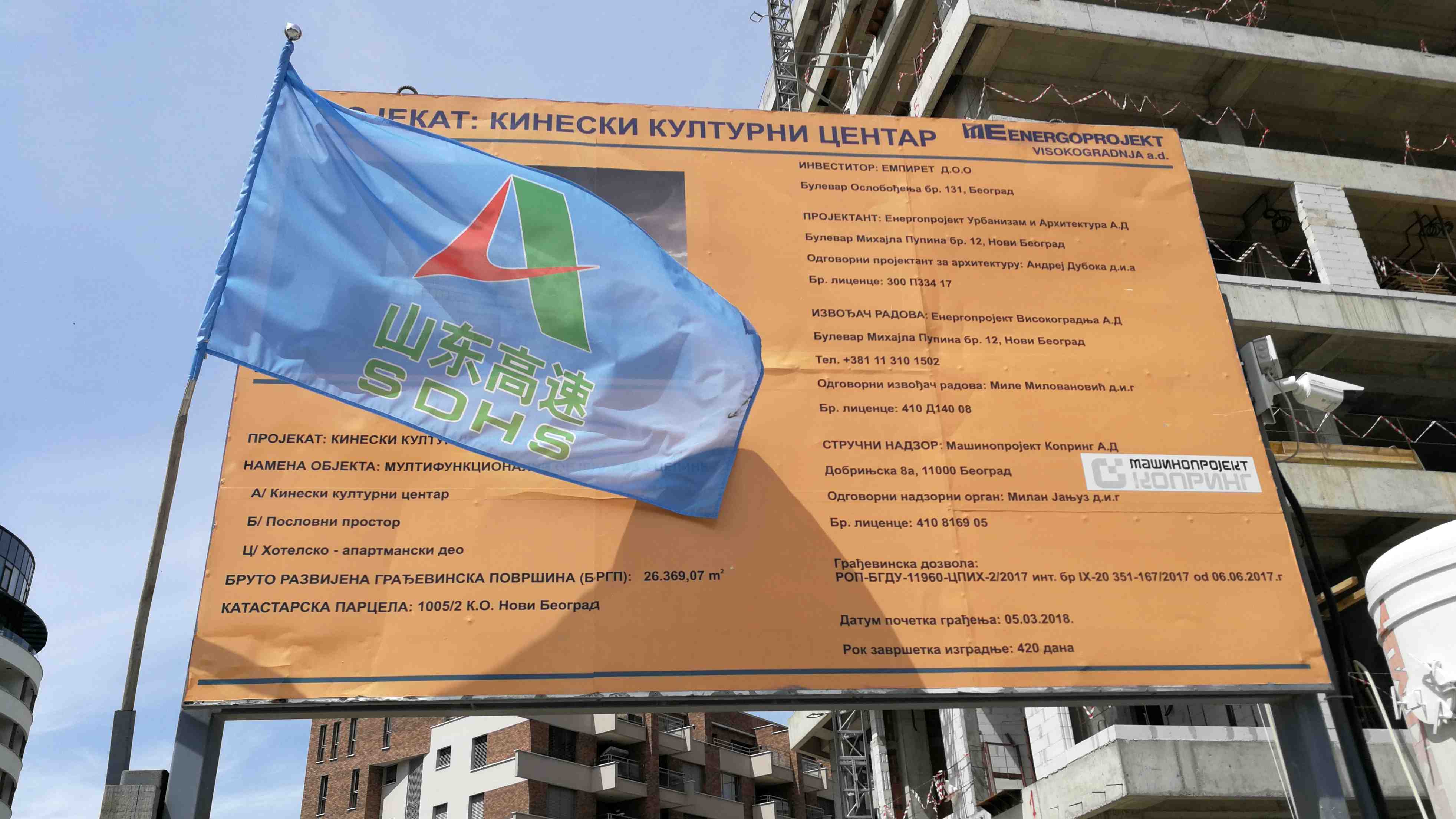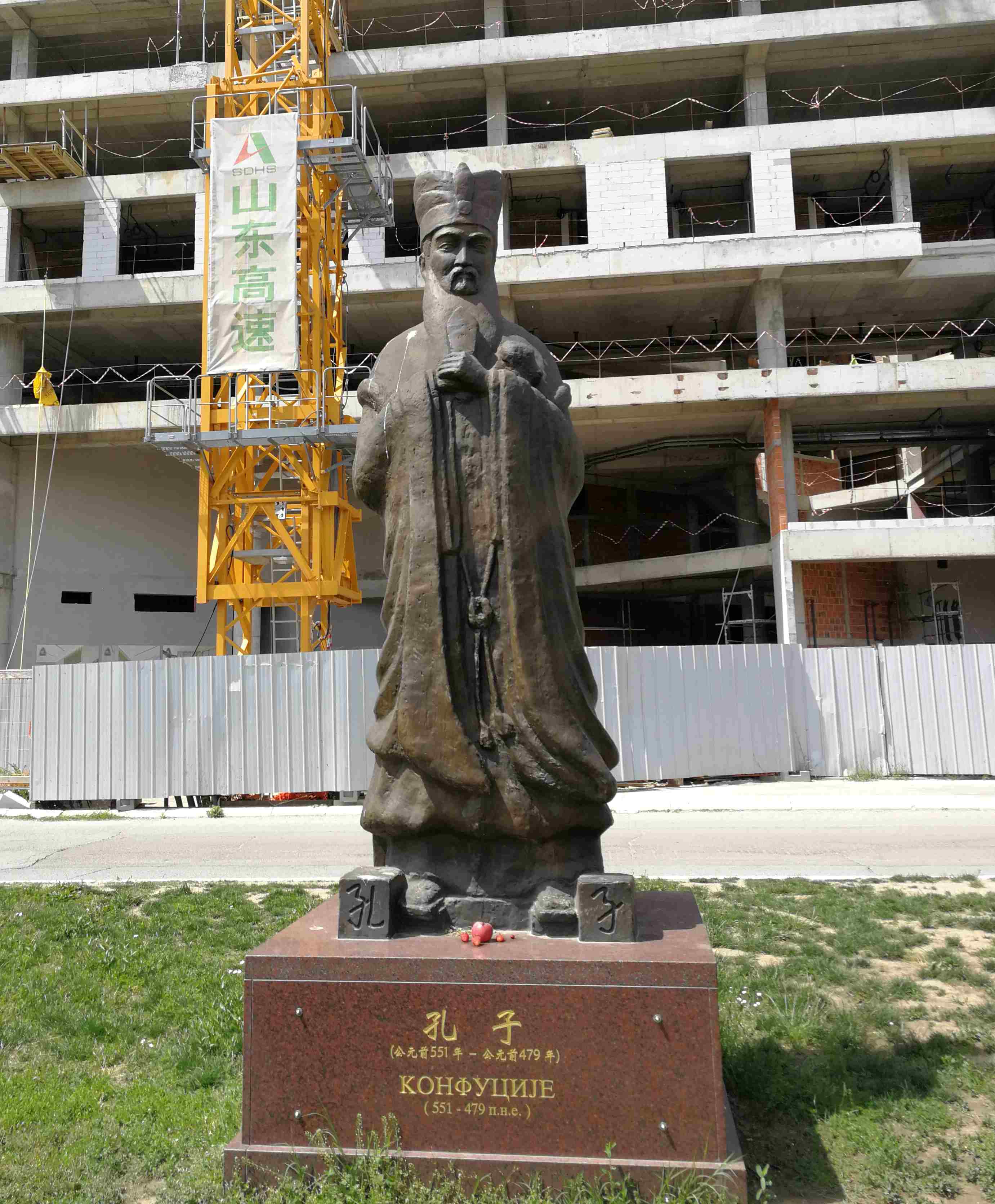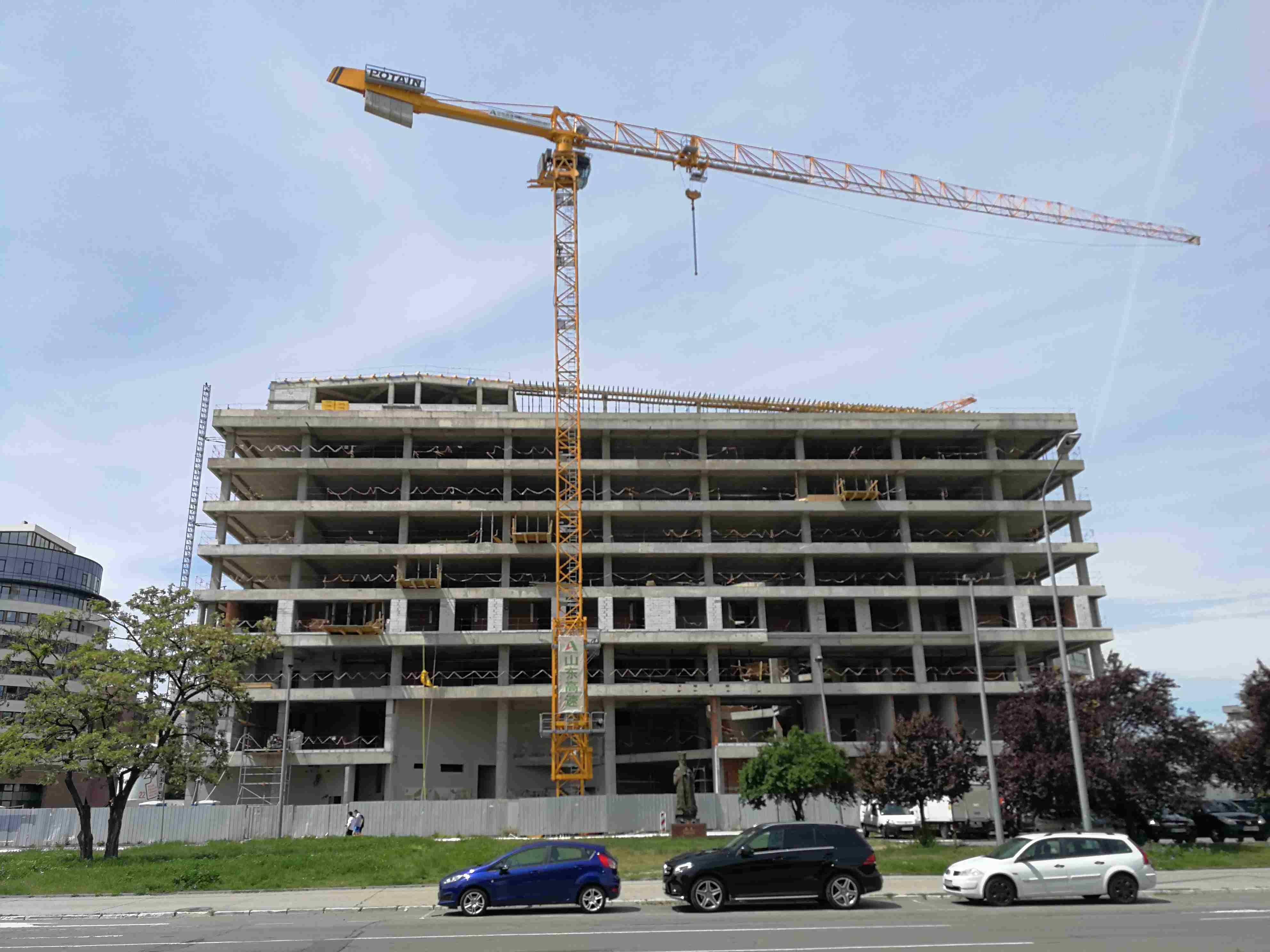
Opinion
10:16, 08-May-2019
Rising from ashes: Cultural cooperation promotes steel friendship
Stefan Vladisavljev

Editor's note: Stefan Vladisavljev is a program assistant of the Belgrade Fund for Political Excellence. The article reflects the author's opinion, and not necessarily the views of CGTN.
During the last decade, China has become one of the most important partners of Serbia, not only in the field of international relations, but also in economic and cultural development. The phrase that is being used by the two countries' leaders to describe the current state of relations between Serbia and China is "steel friendship," and besides Chinese foreign direct investments and other agreements that are used to further boost Serbian economic development, the cultural relations of the two countries have also been on the rise in the last couple of years.
On March 24, Serbia marked 20 years since the beginning of NATO's military operation against the Federal Republic of Yugoslavia during the Kosovo War. During the air strikes, Belgrade was severely damaged. The military and strategically important targets were not the only casualties. On May 7, 1999, the NATO bombing of Yugoslavia destroyed the Chinese Embassy in Belgrade and three Chinese journalists lost their lives.
Now, 20 years later, on the spot of the ruined embassy, one of the new symbols of the Chinese-Serbian friendship is under construction. The site of the old embassy will soon become the center of the Chinese culture in Serbia and the rest of the Balkans. The Chinese cultural center will be the first one in the Balkans and will become the focal point for further cultural cooperation. The foundation of the Chinese cultural center was laid during the visit of Chinese President Xi Jinping to Belgrade in 2016, when he and former Serbian president Tomislav Nikolic attended the ceremony and symbolically opened the construction. It is scheduled to open to the public in the second half of 2019.

The Confucius monument in front of the Chinese cultural center. /Courtesy of Stefan Vladisavljev
The Confucius monument in front of the Chinese cultural center. /Courtesy of Stefan Vladisavljev
Besides the new building, future visitors of the cultural center will be able to see the Confucius monument in front of the building, as well as the memorial plate dedicated to the victims of the bombing in 1999. This new cultural center will become a symbol of the friendship between two countries and will be a place where not only Serbian people, but many others can be introduced to rich Chinese culture.
Importance of the further development of cultural relations has been shown not only with the construction of the new Chinese cultural center in Belgrade, but also in an interactive way. In 2018, Serbia opened a Serbian cultural center in Beijing. The center was named by the famous Serbian writer and winner of the Nobel Prize for literature, Ivo Andric, and is Serbia's second such center abroad after the one in Paris, France, founded 45 years ago.
The opening of the Serbian cultural center presents a good opportunity for Serbia to introduce its culture to the most populous country in the world and hopefully to establish even stronger connections with China that are proving to be of significant value for Serbia and the Serbian people.
And while the cultural centers, both in Belgrade and in Beijing, are still at their beginning, Chinese culture is not absolutely unknown to Serbian people. Back in 2006, the first Confucius institute was opened in Serbia, as a part of the Faculty of Philology at the University of Belgrade. As a part of educational and cultural cooperation, the Confucius institute has been the main center for Serbians to learn more about Chinese language, history and culture.

The construction of the Chinese cultural center is underway. /Courtesy of Stefan Vladisavljev
The construction of the Chinese cultural center is underway. /Courtesy of Stefan Vladisavljev
Since 2012, the Chinese language has also been part of several high school curricula in Serbia, and the rise of the cooperation between two countries has been followed by a more active approach in the promotion of Chinese culture. Serbia has become one of the few countries in Eastern Europe and the only one in the Balkans that hosted not one, but two Confucius Institutes. The second Confucius Institute was opened in May 2014, and since then it is a valuable addition in the further development of the bilateral cultural relations.
Creating connections and conditions for further development of one country goes beyond economic cooperation and financial instruments. The current level of China-Serbia relations shows that the Serbian people perceive China as one of the most reliable friends in the field of international relations and have welcomed Chinese people and culture on its own territory.
Cooperation with China on the cultural level makes the connection between the two countries even stronger. Existing and new ways of cultural cooperation have been some of the ways that the two countries are using to make proclaimed and existing "steel friendship" more fruitful in the future.
(Cover photo: The construction of the Chinese cultural center is underway. /Courtesy of Stefan Vladisavljev)
(If you want to contribute and have specific expertise, please contact us at opinions@cgtn.com.)

SITEMAP
Copyright © 2018 CGTN. Beijing ICP prepared NO.16065310-3
Copyright © 2018 CGTN. Beijing ICP prepared NO.16065310-3